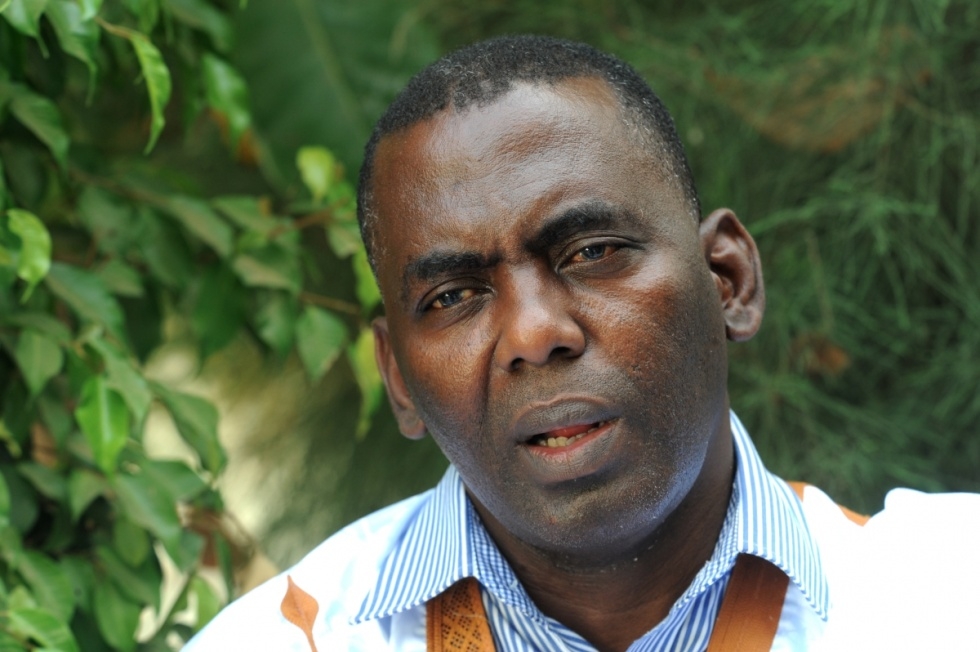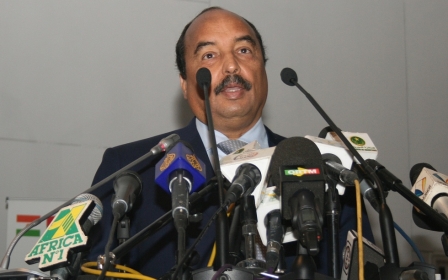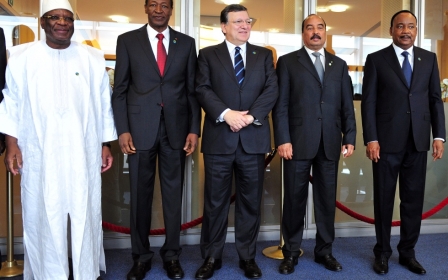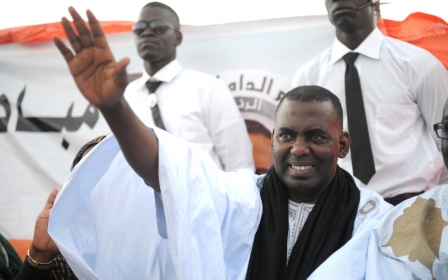Defeated presidential candidate challenges Mauritania poll results

A defeated presidential candidate in Mauritania has challenged the results of the polls that gave incumbent President Mohamed Ould Abdel-Aziz a second five-year term with around 82 percent of the vote.
Biram Dah Abeid, a veteran activist and advocate for the abolition of slavery, told reporters late Tuesday that the results announced by the Independent National Electoral Commission (CENI) were rigged.
The CENI on Sunday announced Abdel-Aziz as the winner of the Saturday polls after garnering 575,995 votes (81.89 percent). Abeid only collected 8.67 percent of the votes, according to the commission.
"All of you know that the CENI is neither independent nor impartial," he said.
Some analysts believe Dah Abeid - who is known by the public simply as Biram and won a prestigious UN Human Rights Award last year - was capable of winning the election had more Mauritanians been registered to vote.
"If all Harratin and blacks were registered on the voters roll, which they are not, and if Mauritanian elections were 100 percent free and fair, which they are not, and if all Harratin-blacks voted on racist-ethnic lines, which is conceivable, then Biram Dah Abeid would be President," said Jeremy Keenan, a Professorial Research Associate at the School of Oriental and Africa Studies.
Dah Abeid says he will challenge the results at the Constitutional Council to question the numbers announced by the commission.
Mauritania's opposition parties had earlier announced their boycott of the vote. The opposition Al-Wiam Democratic and Social Party, however, bucked this trend and said it would participate.
Having ruled since 2009, Abdel-Aziz, a former army general, played a key role in two military coups that toppled Maaouya Ould Sid'Ahmed Taya and elected Sidi Ould Cheikh Abdallahi in 2005 and 2008 respectively.
He, however, would not be able to run in the next presidential elections in the light of the constitution, which limits the terms a president can have in office to two.
Middle East Eye propose une couverture et une analyse indépendantes et incomparables du Moyen-Orient, de l’Afrique du Nord et d’autres régions du monde. Pour en savoir plus sur la reprise de ce contenu et les frais qui s’appliquent, veuillez remplir ce formulaire [en anglais]. Pour en savoir plus sur MEE, cliquez ici [en anglais].




